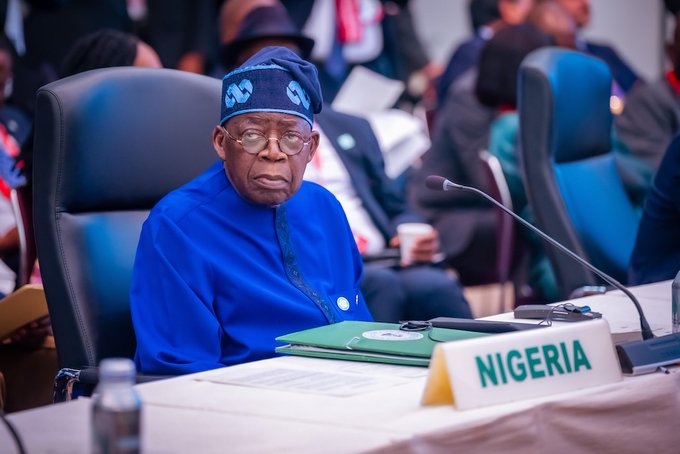President Bola Tinubu has declared Nigeria’s commitment to transforming African borders into efficient trade conduits rather than economic barriers.
He stated that fragmented markets pose a major threat to continental prosperity.
Tinubu spoke at the opening of the Customs Pact – Partnership for African Cooperation in Trade (C-PACT) in Abuja on Monday, through Vice President Kashim Shettima.
READ ALSO: Don’t sell justice, Tinubu charges judges
He stated that the country is structurally and operationally committed to building an Africa that trades by design.
“Our ambition is simple: a continent where borders facilitate opportunities rather than inhibit them,” Tinubu stated.
He warned that Africa’s size, resources, and talent are “inconsequential if they are trapped behind inefficient borders and fragmented markets.”
He called on African nations to discard the notion of “slow borders as destiny.”
Tinubu stressed that while Africa has achieved the hardest part—agreeing on integration through the African Continental Free Trade Area (AfCFTA), the current focus must be on execution.
He maintained that success will be judged by measurable outcomes like “shorter border-crossing times, reliable local-currency settlements and efficient movement of goods.”
He highlighted key reforms his administration has undertaken to build a coherent foundation for continental commerce.
These include unifying the foreign exchange window, removing fuel subsidies to redirect funds to critical infrastructure, modernising port operations to enable 24-hour clearance, and adopting the Pan-African Payment and Settlement System (PAPSS) to boost intra-African trade.
Central to Nigeria’s trade strategy is the transformative National Single Window platform.
Tinubu announced that phase one of the digital platform is scheduled to go live in March 2026, with the full rollout expected by December 2026.
This system, which will allow businesses to submit import/export information once through a unified portal, is projected to cut cargo clearance time from 21 days to under seven, positioning Nigeria as a continental standard-bearer for customs digitalisation.
The President noted that the impact of the collective reforms is already visible: intra-African trade is projected to expand from 15% in 2023 to 25% by 2030, and Nigeria’s non-oil exports to African markets increased by 38% year-on-year in 2024.
Earlier, the Minister of Finance, Wale Edun, represented by the Minister of State for Finance, Doris Uzoka-Anite, and the Minister of Industry, Trade and Investment, Jumoke Oduwole, reaffirmed Nigeria’s unwavering commitment to the AfCFTA.
READ ALSO: Tinubu sends peace emissary to Plateau, engages clerics, Miyetti Allah
World Customs Organisation (WCO) Secretary-General Ian Saunders and Afreximbank Executive Vice President Kanayo Awani also commended Nigeria’s ongoing reforms.
The Comptroller-General of Customs, Adewale Adeniyi, urged stakeholders to adopt cross-country integration, noting that the primary goal of the C-PACT engagement is to ensure customs administrations are actively engaged in AfCFTA implementation.



